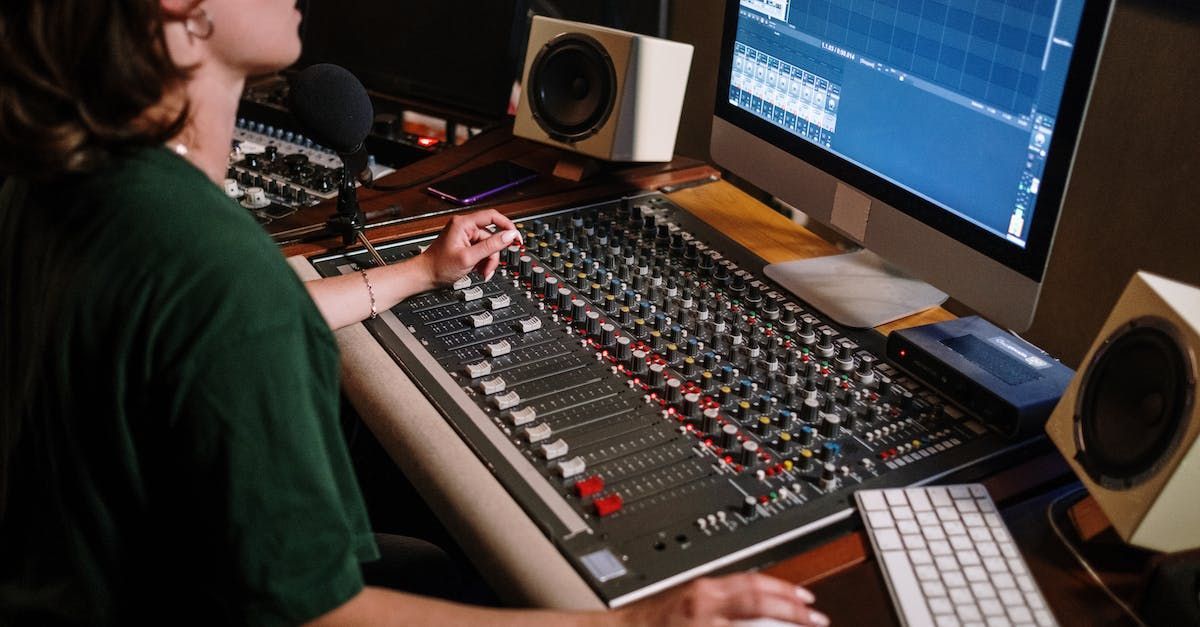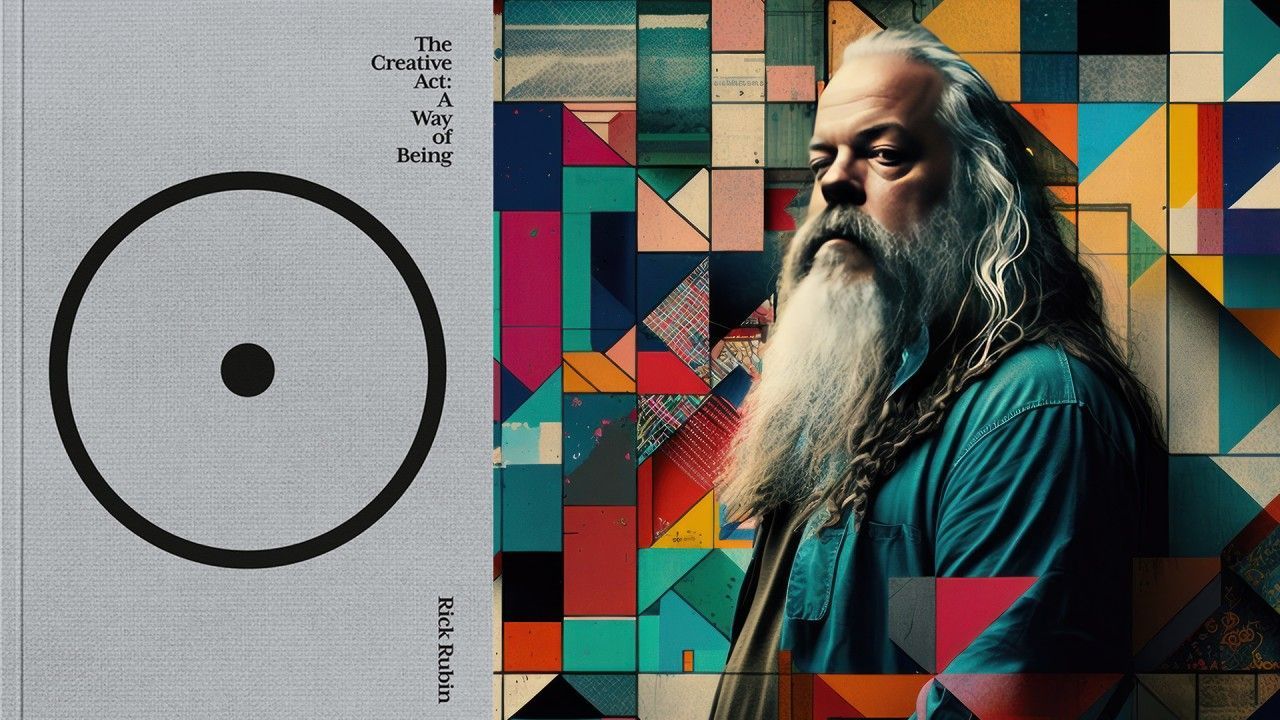This month’s student spotlight introduces you to LA’s Soul Bandit, a ghouling producer with a mysterious dark side.

We are proud of our students and their accomplishments. Each month, we connect with ICON Collective students and alumni who have taken programs in Los Angeles or Online to showcase their hard work and success. Their achievements offer a glimpse into what’s possible after pursuing music education at the Collective.
About Soul Bandit
LA-based Icon Graduate Andi Mattingly launched her solo project Soul Bandit earlier this year. Hitting the ground running with her release “Alone in Life, Together in Death,” the mysterious producer reveals her signature style to the masses with momentum.
Her experimental dark-pop sound fuses enigmatic atmospheric vibes with hypnotic vocals laced with emotion. The ambiguous soundscape Soul Bandit creates in her music immerses you in a unique sonic cosmos. Mattingly describes her expressive brand as one:
About life, death, and a glimpse into the absurdity of the human experience.
Furthermore, Soul Bandit’s intriguing music is catching the ear of many industry-leading publications. She landed features on NEST HQ, Magnetic Magazine, Dancing Astronaut, Earmilk, The Music Ninja, and EDM Tunes.
Soul Bandit Interview
In the following short interview, Soul Bandit takes you into her creative universe. Moreover, she reveals the meaning and inspiration driving her project. She also talks about her experiences attending Icon and gives insight into what it’s like maneuvering the industry.
Tell us about your debut EP “Alone in Life, Together in Death.” What is the project’s theme, and where did you draw inspiration?
The whole Soul Bandit project is about life, death, and a glimpse into the absurdity of the human experience. So for this EP, I decided to focus more on death because it’s inevitable, unknown and therefore somewhat terrifying. I frequently think about how despite surrounding ourselves with people, we essentially spend our entire lives completely alone. We are left to our own devices trying to express our thoughts, feelings, and individual identities through our words and our actions. But unfortunately, no one’s in our mind with us. This EP is a representation that the end of the life cycle and post-death experience may be a beginning to something new rather than solely an ending. Listening to the EP from start to finish takes you on a journey that begins where life ends.
It’s no secret the music industry and Icon’s student body is male-dominated. What was it like for you maneuvering the program in this respect? What advice would you give to young artists – especially young female artists considering venturing into a career in music?
I had the greatest experience attending ICON. It made no difference to me what gender the other students or faculty were. Everyone was a friend, and we were all there because of our love for music. To young female artists: just be authentic, persistent, and spend less time dwelling on being female in a male-dominated industry, and more time focusing on your craft. Nothing feels better than working hard and proving people wrong.
Tell us about your artistic process. Do you work on music every day? What inspires and motivates you to create?
My artistic process varies day to day. I try to open up Ableton Live daily, even if only for a few minutes. Also, I try not to force creativity. If I’m not producing, I’m working on something related to my career, whether it’s writing, drawing, coming up with ideas for videos, etc. My inspiration comes from literally anything and everything. I have countless melodies and weird phrases running through my head constantly, which can be kind of annoying when I notice that I’ve been repeating the same phrase over and over again under my breath for 5 minutes, haha. But I always try to record them into my voice memos and use them later in my songs. I also get inspired by just listening to and trying to appreciate and learn from ALL genres of music.
What are your goals for this project?
My goal has always been to have a unique and super immersive live experience, so I’ve been working on that quite a bit. I really want the brand to be more than just about the music and more of a lifestyle. Obviously, I want my music to speak to people on its own, but considering that the Soul Bandit project is intended to be a darker look into the human experience and mind, I’d like to use it to help spread mental health awareness.
Connect with Soul Bandit

Turn your passion for music into a Profession: Learn more about our Music School Programs!
MORE ARTICLES FROM THE ICON BLOG

FIND YOUR SOUND, HONE YOUR CRAFT:
Are you ready to turn music into a career? ICON prepares students to become music producers, composers, performers, recording artists, professional DJs, and entrepreneurs in the entertainment industry. Click below to get information about our award-winning programs:

